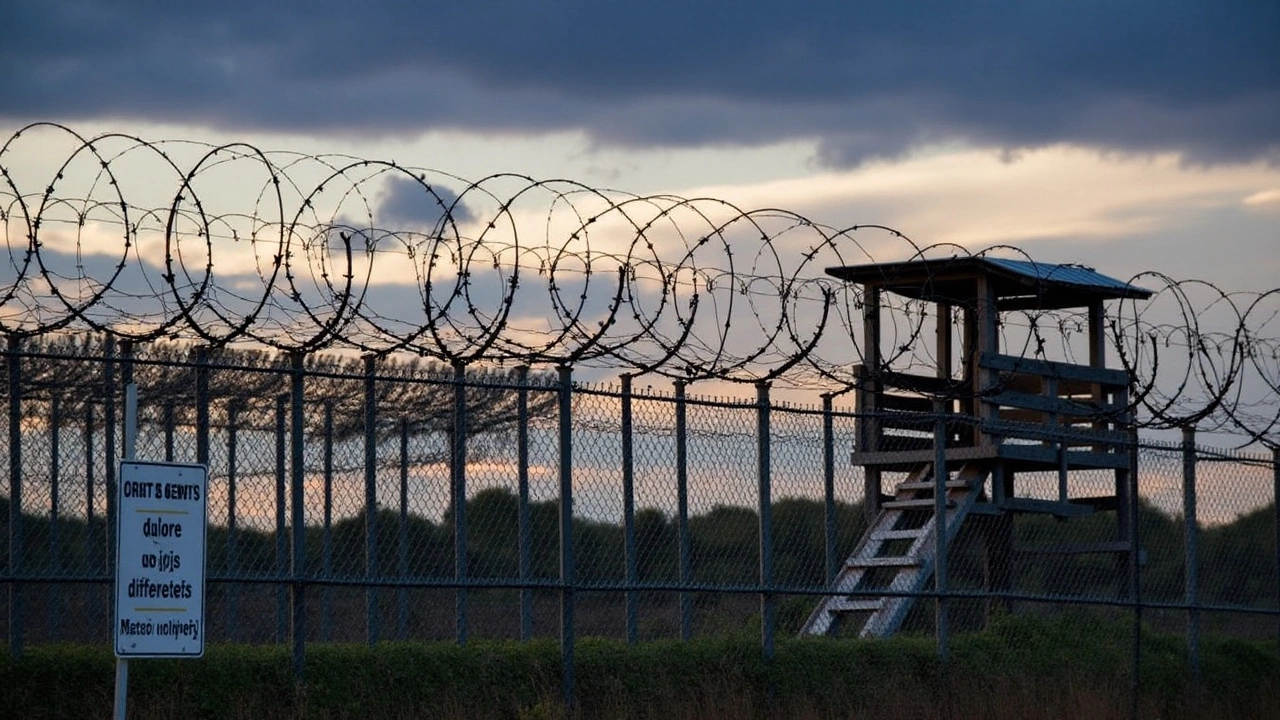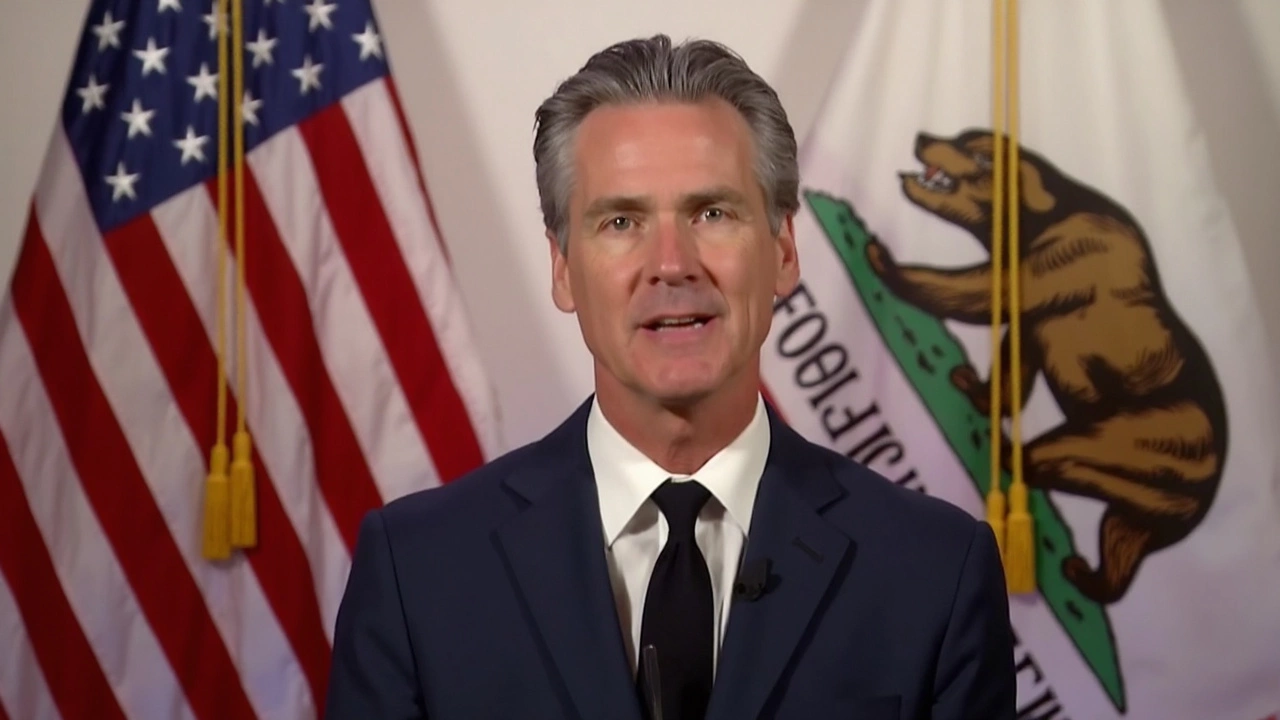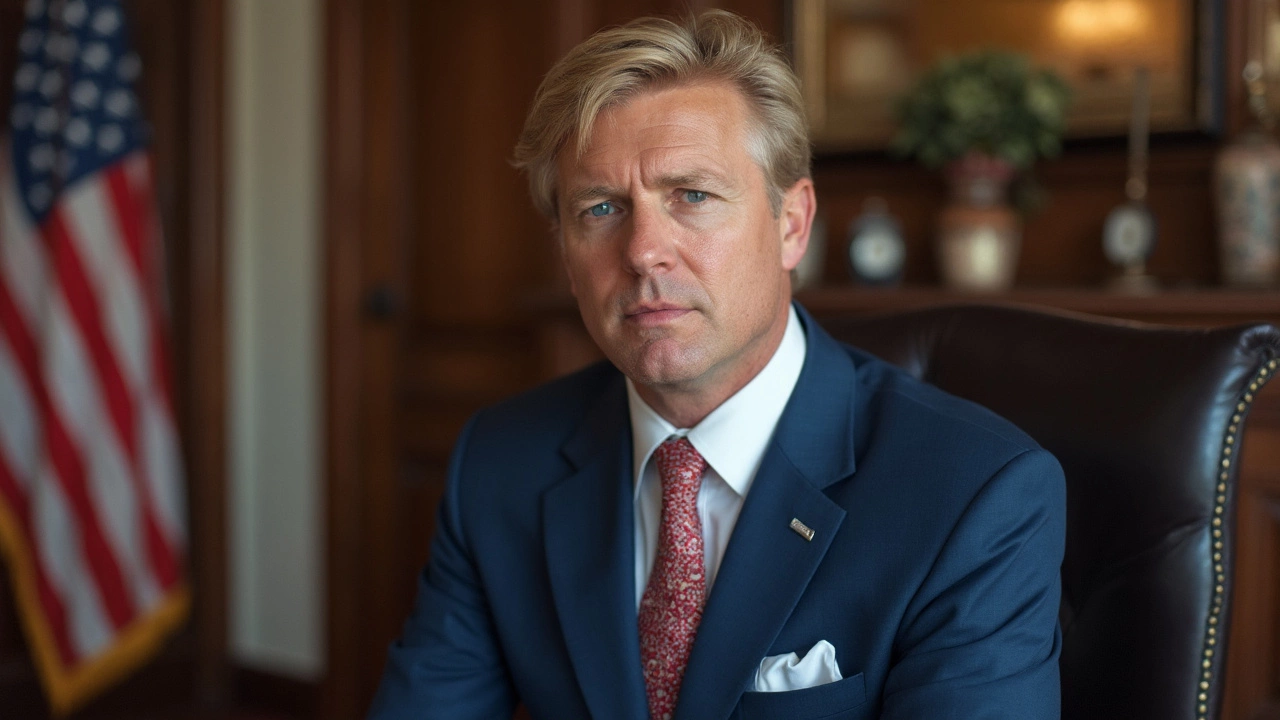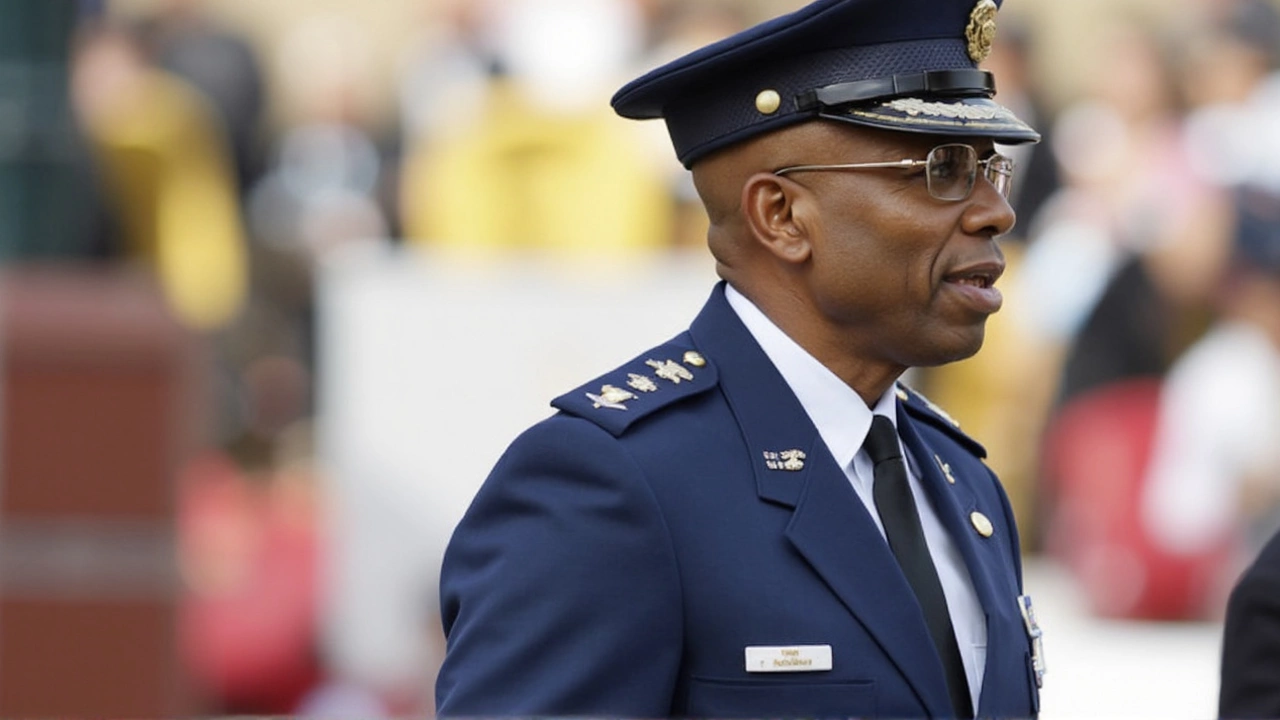The Announcement and Its Implications
In a bold and controversial move, President Donald Trump has announced his intention to sign an executive order instructing the U.S. Departments of Defense and Homeland Security to prepare a migrant detention facility at the infamous Guantanamo Bay in Cuba. The decision to house as many as tens of thousands of migrants at this location has drawn sharp criticism from a host of human rights organizations and political figures. Guantanamo Bay, a detention camp synonymous with intense controversy, poses unique implications for national and international perceptions of America's immigration policies.
Trump's announcement is rooted in his assertion that Guantanamo Bay offers the necessary facilities to detain what he characterizes as the 'worst criminal illegal aliens,' citing that the site has the capacity for 30,000 beds. The President's stance is reflective of a broader immigration agenda that prioritizes aggressive border control and explicit definitions of national security threats. This move is sure to heighten the already fervent debates surrounding U.S. immigration policy and its intersection with human rights principles.
Guantanamo Bay: A History Laden with Controversy
Guantanamo Bay first came into the international spotlight in 2002 when it was established as a detention facility to hold foreign terrorist suspects. During its operation, many of the nearly 800 men held there were never formally charged with a crime, which has made it a flashpoint for human rights advocacy and criticism. Despite efforts by subsequent administrations, including the current Biden administration, aimed at closing the facility, it still remains operational with approximately 15 detainees as of early 2025.
The history of Guantanamo Bay is inextricably linked with allegations of indefinite detention, coercive interrogation practices, and a lack of due process. As such, the camp has become a potent symbol in the global discourse on human rights and counterterrorism, with many calling for its closure. Given this backdrop, Trump's decision to use this site for migrant detention is reigniting long-standing debates about the ethical ramifications and strategic sensibilities of such a move.
The Role of the Migrant Operations Center
Interestingly, Guantanamo Bay is not only home to military detention facilities but also hosts a lesser-known site called the Migrant Operations Center. Since its establishment in the mid-1990s, this center has been used to house migrants intercepted at sea, adding another layer to the complexities of U.S. immigration enforcement practices. Over the years, organizations such as the International Refugee Assistance Project (IRAP) have criticized this site for inadequacies in providing access to legal aid and proper care for children and adults alike.
The IRAP and similar advocacy groups argue that the migrant detention facilities fail to meet international standards of human rights for detainees. Concerns include a lack of legal representation, inadequate education for minors, and insufficient healthcare. These criticisms bring to fore the ethical considerations that current policymakers must navigate if they are to move forward with plans involving Guantanamo Bay.
Voices of Dissent and Ethical Considerations
The latest move by the Trump administration has sparked an outcry from various human rights organizations and civil liberties advocates. Daphne Eviatar, director of the Security With Human Rights program at Amnesty International USA, has voiced that indefinite detention without due process is both a potential violation of civil liberties and a counterproductive measure that could serve as a recruitment tool for adversarial entities. Such sentiments resonate deeply within a global community concerned with due process and human rights.
Moreover, Anthony Scaramucci, former White House communications director, drew sharp criticism when he likened the proposal to opening 'a concentration camp.' This kind of rhetoric, though hyperbolic, underscores the magnitude of ethical questions and reputational risks involved when using facilities like Guantanamo Bay for detention purposes. Guided by such potent criticisms, many are urging the administration to reevaluate its stance and consider alternative solutions that uphold humanitarian principles.
The Broader Immigration Debate
The announcement has added fuel to a broader, ongoing debate concerning immigration policy and the fine balance between maintaining national security and upholding human rights. Supporters of Trump's move argue that such measures are necessary to safeguard citizens from individuals deemed to be threats to safety and security. Conversely, critics maintain that such policies are overly punitive and do not address the root causes driving migration, nor do they uphold the spirit of compassion and humanitarian aid that many believe should characterize U.S. policy.
These debates are likely to continue as they probe the broader geopolitical implications, domestic political ramifications, and the ethical dimensions of immigration enforcement. They challenge policy-makers to harmoniously balance security and rights, ensuring that mechanisms implemented do not compromise America's standing as a beacon of freedom and justice on the international stage.
Looking Forward
As the discourse evolves, many questions remain about the specific logistics and implications of implementing such an executive order. Will this tactic prove effective in its stated security objectives? Can ethical criticisms be adequately addressed? How will allies and international observers respond? These uncertainties highlight the complexities of immigration policies in the modern era and the constant interplay between security, legality, and ethics.
For now, stakeholders continue to navigate these tensions, recognizing that these decisions hold far-reaching consequences not only for those directly affected but also for broader perceptions of justice, equity, and human dignity in the global age. The world watches as the U.S. contends with these challenges, eagerly and critically observing the choices made and their implications for the future of immigration policy.



